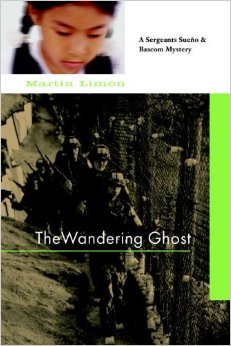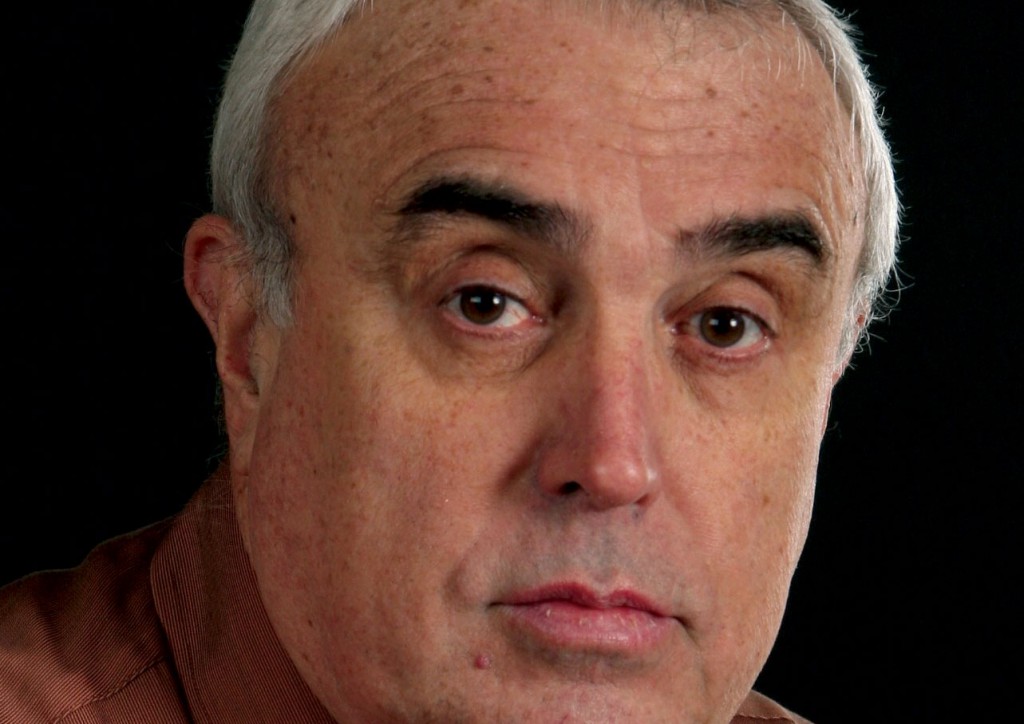An early entry in the long running series of the cases of sergeants Ernie Bascom and George Sueño, two investigators in the United States 8th Army in South Korea in the middle 1970s. The Cold War is intense and no where more intense than along the Military Demarcation Line within the Demilitarized Zone. South Korea has a military government that justifies its crimes as necessary for security. American conscripts discover that money can be made in the black market, selling U.S. army equipment and supplies to Koreans. There is plenty to go around, unless someone gets greedy. Well, yes, that does happen.

The time and place are richly detailed. including the ways of Korean National Police and the interstices of the U.S. Army. The 8th Army wants no trouble, preferring to ignore corruption and even murder within its ranks rather than face bad publicity. The investigation of the death PFC Marvin Druwood was superficial and the subsequent disappearance of MP Jill Matthewson is even less thorough. No sooner is the carpet replaced on these two events, then Bascom and Sueño arrive.
Jill’s mother had written to her congressman who in turn has insisted on answers. To go through the motions Bascon and Sueño are sent to the Second Division near the DMZ with a very limited remit. The Second is a field unit while our protagonists are Rear Echelon M…. F…..s; they are not welcome and the veneer of cooperation drops quickly. No one is happy about the assignment. But of course, once engaged Bascom and Sueño just will not let go.
Bascom is the action man. Show him a door and he kicks it in. A roomful of thugs delights him and only Sueño can hold him back, most of the time. Volatile! He has a self-destructive fearlessness that frightens Sueño at times. For his part Sueño is the strong silent type who spends all his spare time learning the Korean language and culture. Life is a puzzle to him and tries to figure it out. Bascom is on a one-way ticket and determined to enjoy the ride, while Sueño cannot quit an unfinished job. Bascom is often impatient with Sueño’s efforts to figure things out, and he neither understands nor cares about the explanations Sueño produces.
They are both cast-iron in these pages. They drink enough alcohol to kill a normal man and seldom sleep more than four (4) hours a night on the case, while travelling the length and breadth of South Korea in an open jeep in the winter! After several beatings, it takes each of then a few pages to recover. Ironmen, indeed.
Limón draws his Korean characters with respect, none are plot devices. The prostitutes are business girls, proprietors of their own small business. The bars and brothels supply the American demand which has created much that is ugly in Korea, but nonetheless the Northern threat is very real. There are martinets among the army men they encounter but there are also some very wise owls who have survived a long time in troubled waters from whom a nod or a hint goes a long way. Sueño has learned to read these signs, which largely escape Bascom.
 Martin Limón, whose affection for Korea shines through.
Martin Limón, whose affection for Korea shines through.
The books are more violent than my usual fare but the compensations are in the travelogue and the puzzles in the plot. In this title I also warmed to the idea that the ultimate prize was a celadon crane vase, perhaps like some we saw at the national museum in Seoul in 2004, and not money or drugs. I do find Bascom’s hormones repetitive.
In a world of misnomers, the Demilitarised Zone must take some prize. It is completely militarised. I visited the DMZ twice in 2004 and found it scary. A million or more men armed to teeth are each side of a line down the middle of a meandering river. Yikes!
Skip to content
